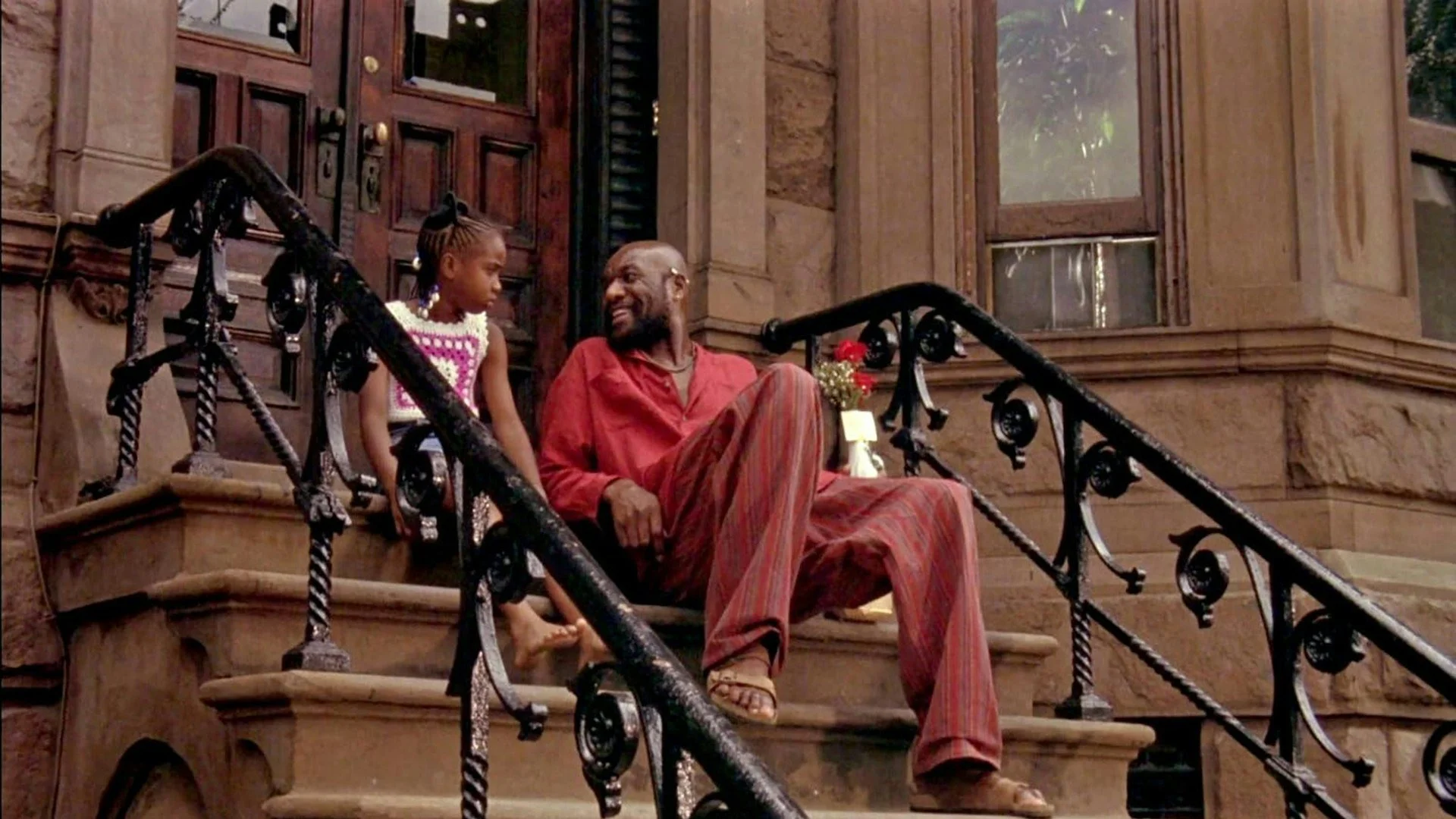Spike Lee Retrospective: "Crooklyn" & The Manifestation of Urban Fantasy
Crooklyn, Spike Lee’s 1994 semi-autobiographical piece, isn’t frequently cited as one of his greatest works, but I’m here to fight its corner. Whilst it may not be his verifiable best - it’s hard to argue against the enduring brilliance of Do The Right Thing - it’s arguably his most personal, and therefore has huge cultural value within his filmography. It’s a glimpse into Lee’s childhood on the streets of Brooklyn, an exploration of the shouting, the colour, and the music that formed the foundation of his upbringing. It’s a contribution to the canon of The Movies As Time Travel. The details are so particular and unique, Crooklyn becomes immediately and infectiously transportive; it’s a step back in time in film-form.
The story is told through the eyes of nine-year-old Troy, our Lee substitute, and her relationship with her loud, hectic family. Troy is one of a gaggle of unruly brothers, fathered by Delroy Lindo as an aspiring jazz musician, and an early-career Alfre Woodard as the motley crew’s matriarch. It’s a story about everything and nothing. The plot is light, gently bouncing from one vignette to another on the hazy summer streets of New York as Troy collects an almost Alice In Wonderland-like menagerie of supporting characters. There is something decidedly fairytale about the entire affair, certainly not accidental, which affirms Crooklyn within the world of urban fantasy rather than urban realism. The colours are bright, with the costumes, the buildings, and the sky perpetually fizzing off the screen, and a near constant stream of music acts as an undercurrent beneath the action, the playlist made entirely from Lee’s childhood favourites. The background radio constantly murmurs, a bouncy, jazzy ditty playing asymmetrically against the backdrop of an argument.
If music is a character in Crooklyn, then so are the New York streets. They buzz and hum with life, its characters in all of their diaspora building the community that raised one of our finest filmmakers. All of which is not to say that Lee rose-tints his childhood. He doesn’t, and the brutality is undoubtedly there. As lovingly as Lee clearly reflects the environment in which he arrived into the world, he is not blind to its difficulties either. In the last third, the plot takes a turn for the very real. The climax’s events punch their way into the script, scraping away the joy within which the audience has found themselves up until now. And naturally, there are a few off-kilter moments of language that don’t hold up to present-day century standards. But for every contemporary faux-pas, there’s an accidental-modernism. RuPaul makes her film debut as one of the many magical creatures that Troy encounters on her travels, her Amazonian figure shot dazzlingly by Lee who recognises the original drag diva for the enchanting statue-esque Goddess that she is.
So yes, Crooklyn is not necessarily Spike Lee’s singular masterpiece. But it is worth watching. And whilst the specifics of Lee’s childhood and therefore Crooklyn are singular - 1970s Brooklyn, multiple siblings, jazz-musician for a father - the throughline is simple: there is nothing more frustrating in this world than family, and nothing more worth saving. And there’s nothing more relatable - and watchable - than that.

